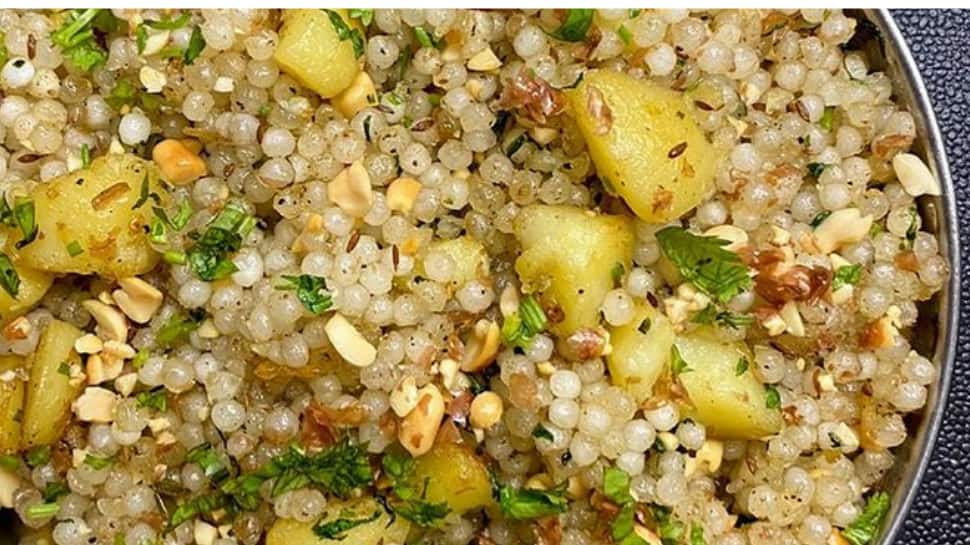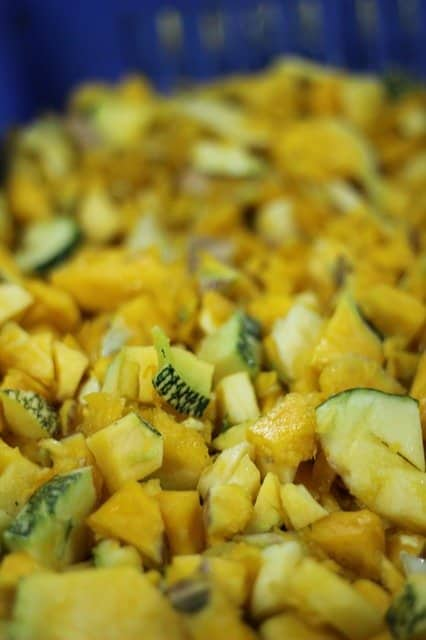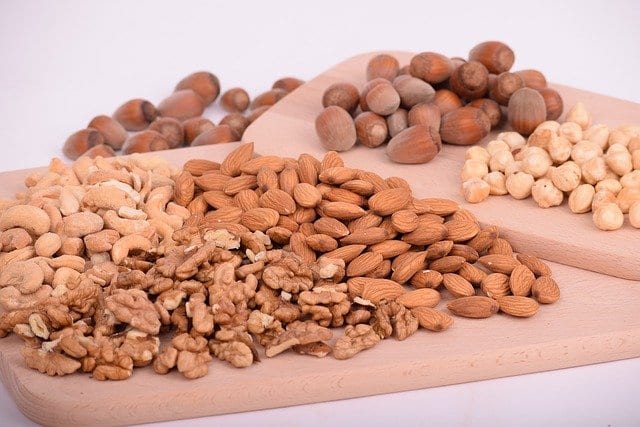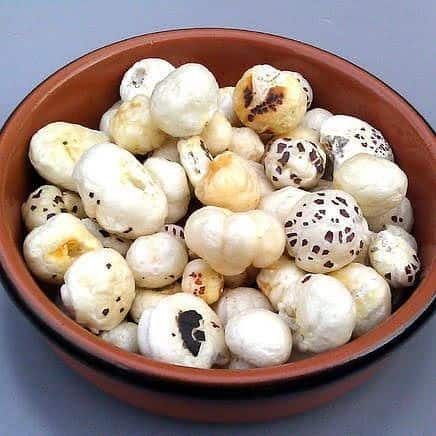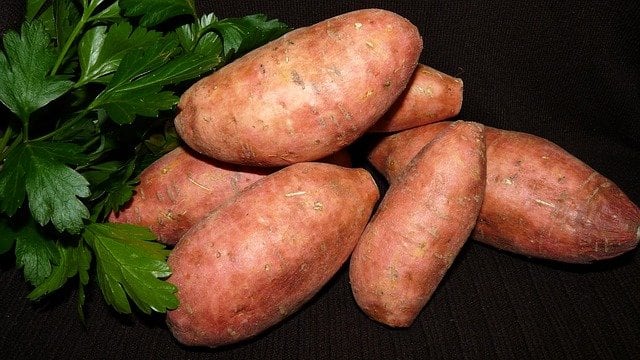New Delhi: The auspicious occasion of Navratri is here, and everyone is excited to start the festive season with gaiety and enthusiasm. The most awaited time of the year, Navratri marks the beginning of all the festivities. These 9 days are dedicated to the worship of 9 forms of Goddess Durga, where people come together to celebrate with friends and family with puja ceremony, dance, music and delicious food.
In Navratri celebrations, fasting is an integral part of the occasion. Fasting for 9 days might seem daunting, but if planned well, you can take advantage of this auspicious occasion both spiritually and health-wise. If this year you are planning to fast for all the days of Navratri, here are some tips Chef Renu Dalal, daughter of celebrity chef Tarla Dalal, Which will help you get better faster:
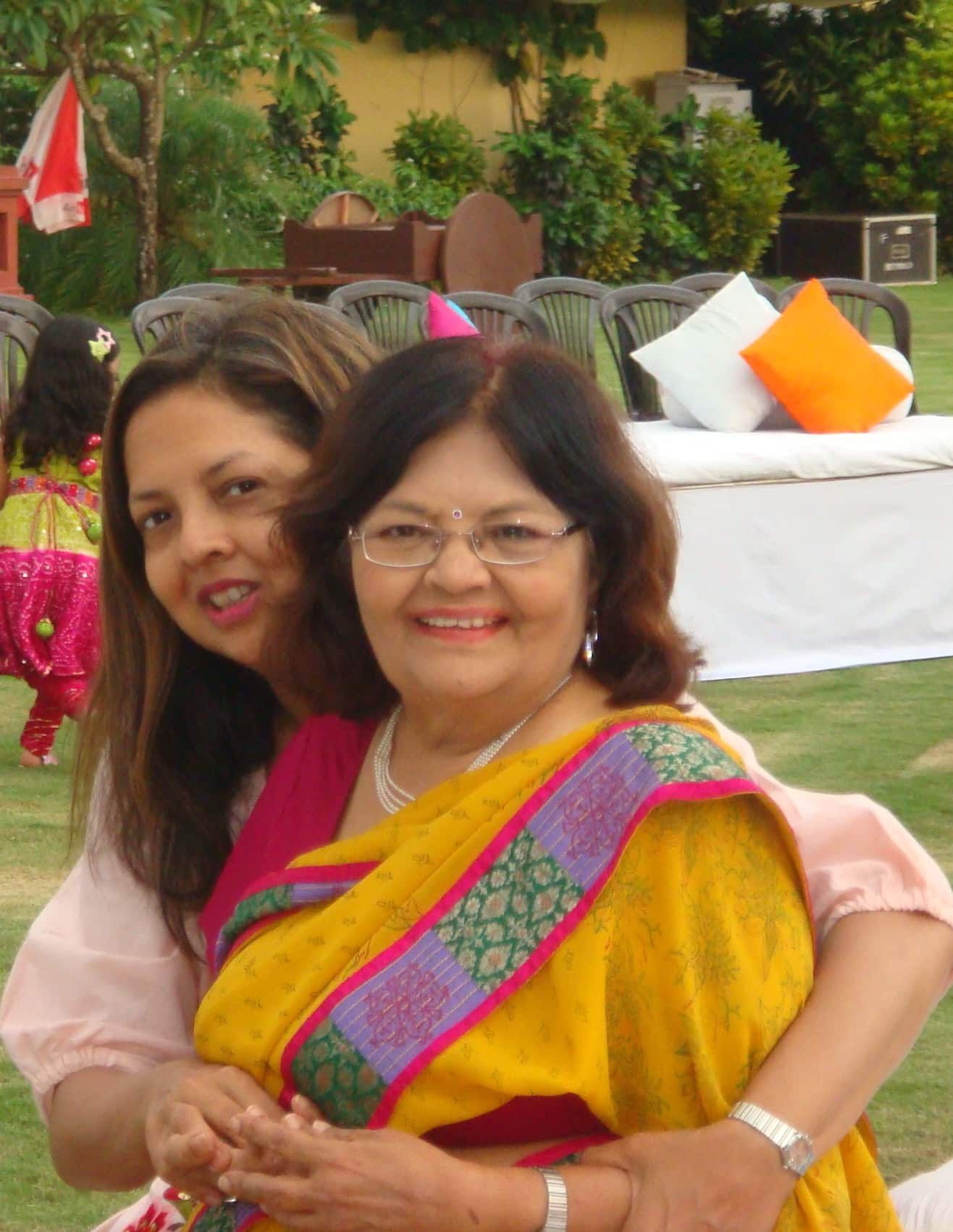
stay hydrated
Staying hydrated during fasting is an extremely important step that should not be missed. From plain water, low-fat milk to fresh fruit juices like watermelon or oranges, you can rely on your fluids of choice to maintain adequate amounts of fluids, vitamins and minerals in your body. Staying hydrated will help you stay active during these 9 days of festivities.
switch to sattvic food
Avoid complex foods and switch to light or sattvic foods, which are easy to digest. A sattvik diet includes lots of fruits and few vegetables. This type of diet will help you to keep your body clean internally during fasting.
eat small portions at regular intervals
Usually people stay hungry for a long time while fasting. Take small portions of fruit, nuts, and vegetable juices to avoid feeling any discomfort, including weakness, tiredness or headache.
Plan your meals for each day
While fasting means a major change in eating habits, with proper planning and healthy snacking plans, you will be able to maintain your energy levels throughout the day. Some of the foods/meal choices mentioned below will help in dealing with sudden changes in diet plans:
Include different types of flour in your food choices. While one type of flour (buckwheat flour) is commonly used during Navratri, you can also include amaranth flour (rajgire flour). These flours are highly nutritious and gluten free
Sabudana is a healthy option. Being a rich source of calcium, potassium and iron, sago is another gluten-free food item with many health benefits that is popularly used during fasting to prepare khichdi, vada and even kheer. are done.
Make pumpkin a part of your diet. Add pumpkin as a vegetable or soup to your meals as it is both nutritious and delicious. Pumpkin is low in calories and rich in vitamins, minerals and antioxidants, which will help you stay healthy and active.
Dried fruits are essential. Carry nuts and dry fruits like almonds, pistachios, walnuts, raisins and dates so that you can eat something whenever you feel hungry. They also make for the perfect breakfast
– Makhana on the go. Instead of eating unhealthy snacks, namkeens or pakoras, have a handful of roasted makhana. Being rich in calcium and rich in protein, makhanas can be enjoyed as a simple snack or as vegetable and kheer.
– Sweet potatoes. While potatoes are a major part of the food consumed during fasting, it can be replaced with a healthier alternative – sweet potatoes. Although it is very tasty and delicious to eat, but it also has many health benefits.
– Milk and dairy products. Reduce your food cravings by including milk, lassi, buttermilk, curd and paneer in your food choices. Adding any fruit of your choice to curd to make milkshake or curd to make raita makes it more filling and healthier.
Avoid stress, increase relaxation
Festive celebrations and fasting can tire you out. So another major health tip that you should keep in mind is to try to avoid unnecessary stress. Don’t overwork your body and take adequate rest when needed.
.
